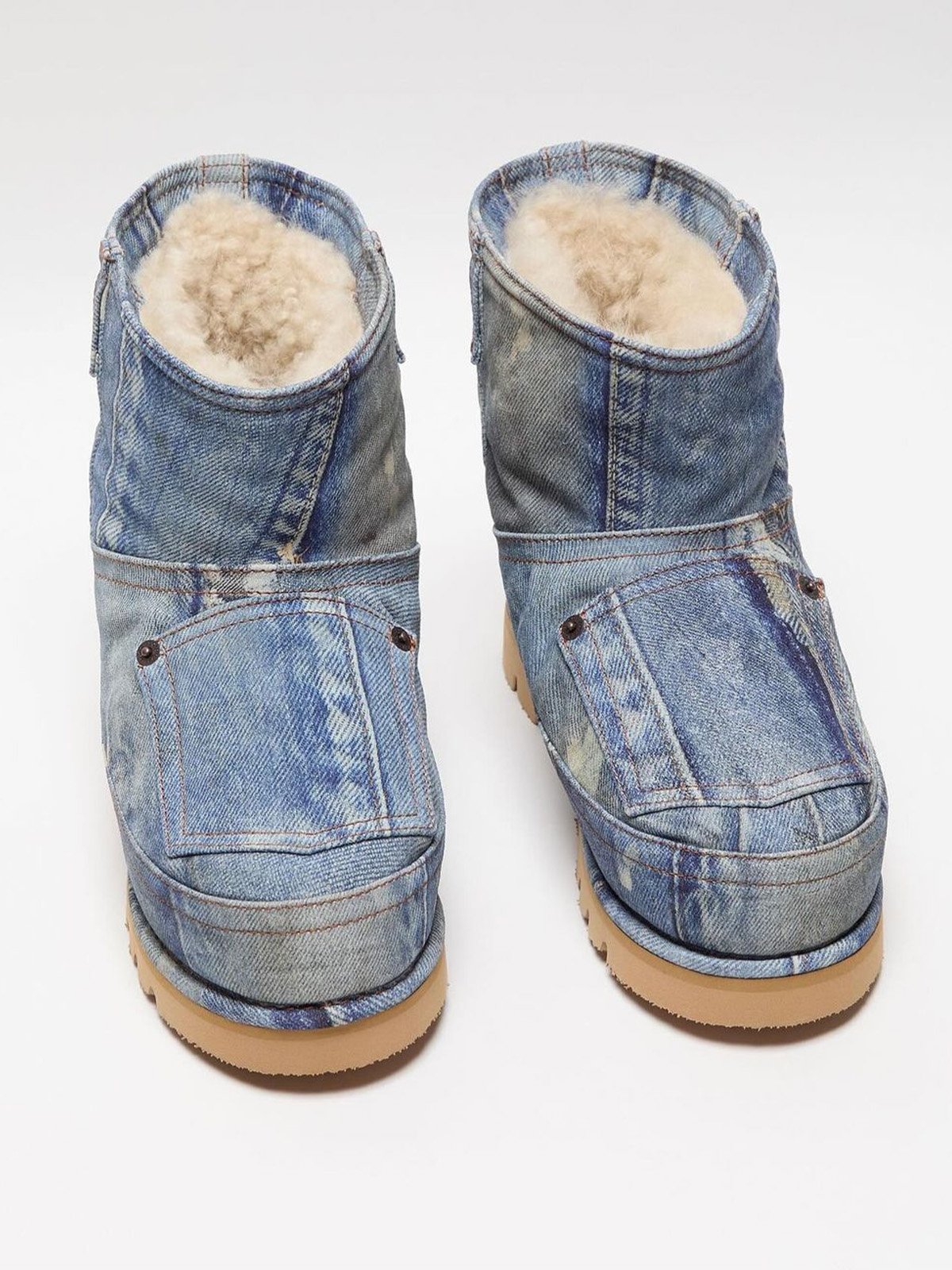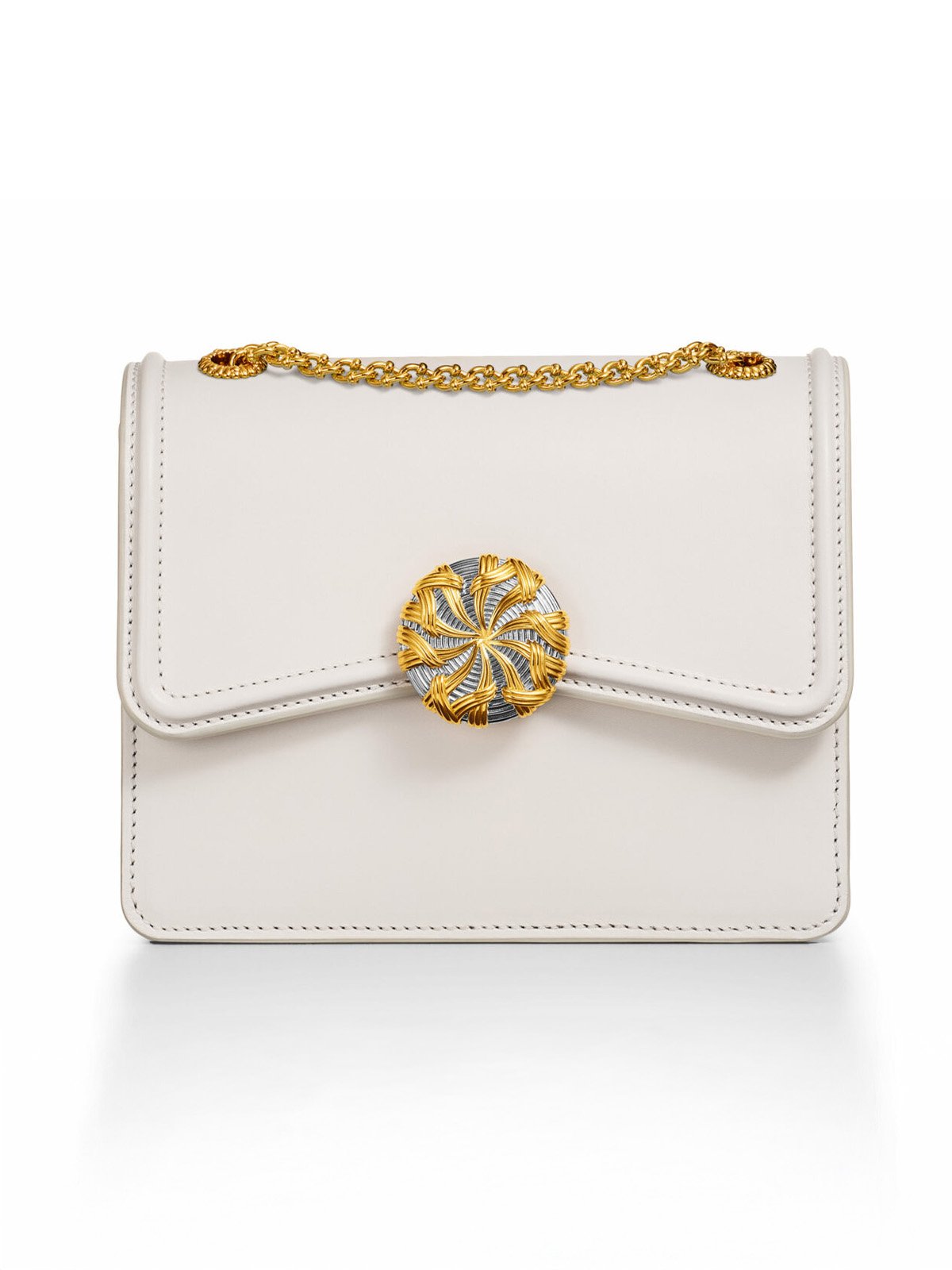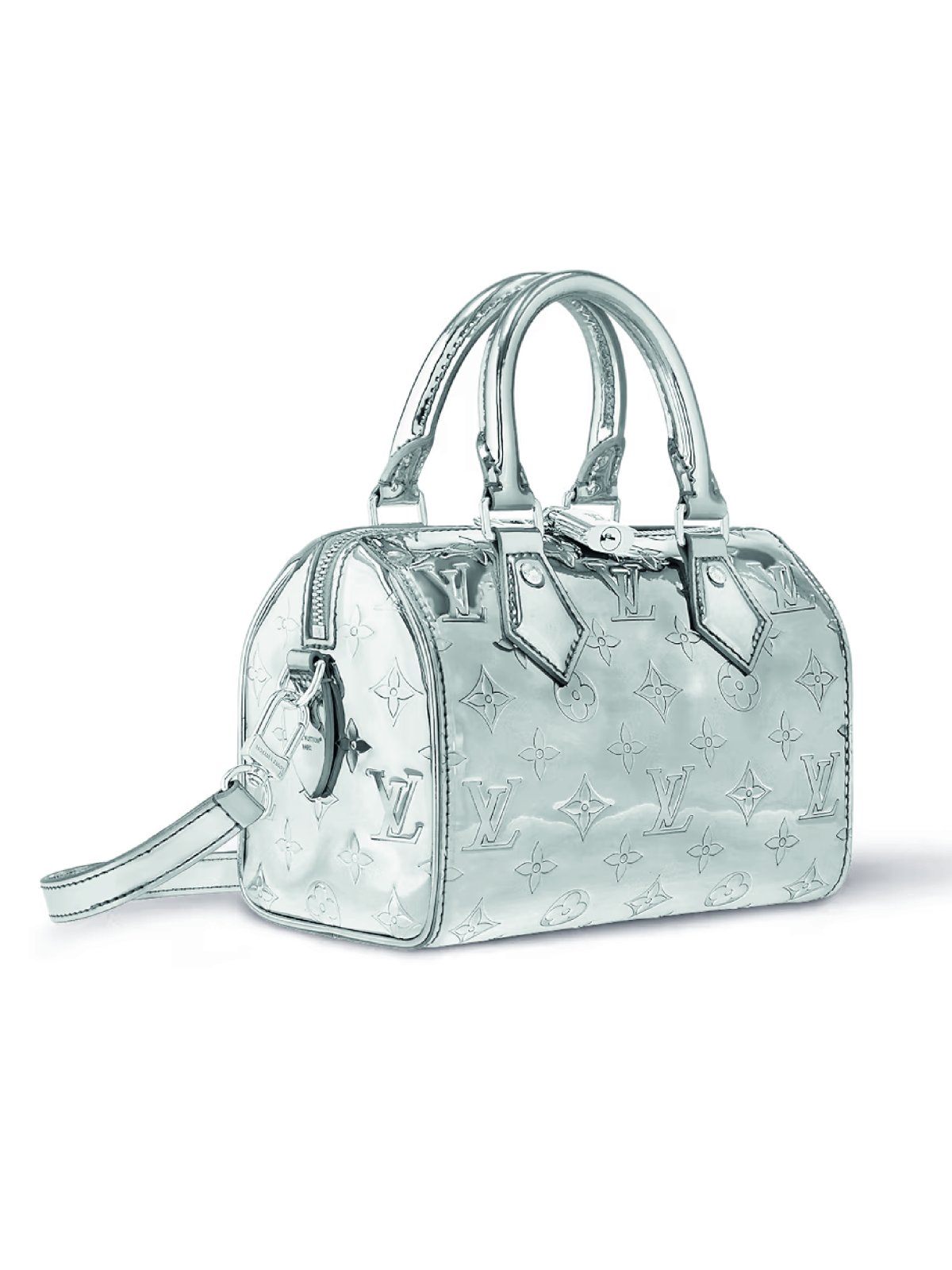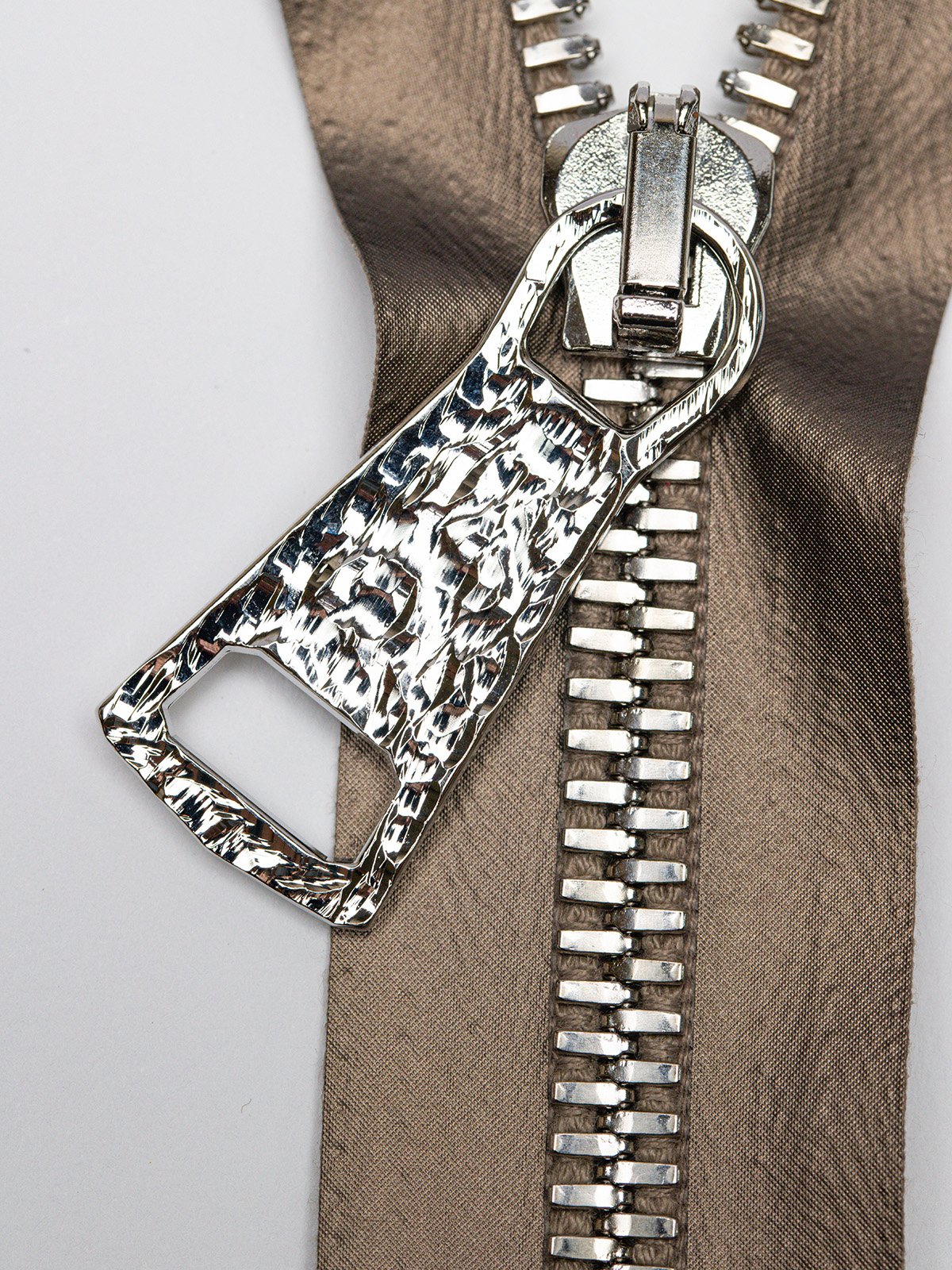News
CNMI's 7 proposals to support the fashion industry
 credit: elie saab
credit: elie saab
“A self-regulation involving the entire sector that could represent a radical regulatory breakthrough for the production chain.” This is how Carlo Capasa, president of Camera Nazionale della Moda Italiana, defines the project presented at Palazzo Chigi in view of the 2025 budget law, which aims to support the fashion sector hit by the crisis that has brought so many companies in the supply chain to their knees. There are 7 proposals that make up the project, themes that are not new but reiterate the need for concrete actions.
1. The spontaneous reversal of the tax credit related to the 2015-2019 years for research and development activities of fashion companies. This is to provide companies with certainty, which especially for small and medium-sized businesses is a vital breath of fresh air to make plans for the future.
2. Accelerating the training of young people through the transfer of skills is crucial: for companies that take responsibility for training tomorrow's generation, CNMI proposes the provision of tax breaks and a tax-advantaged regime.
3. Enhance corporate welfare so that companies can offer a range of goods, resources and services to their employees, so as to decrease the burden of contributions and taxes with respect to worker loyalty. Specifically, CNMI proposes raising and stabilizing fringe benefit thresholds to 4,000 and 3,000 euros for employees with and without children, respectively.
4. The introduction of certification for the control of the production chain of companies: CNMI strongly calls for the introduction of regulations that guarantee the existence of a certain control system external to companies, which would limit as much as possible the danger of situations such as those that recently ended up in the crosshairs of the prosecutor's office, which occurred in the factories of companies that work for third parties.
5. The establishment of a fund for the international dissemination of the values and image of Fashion through direct contribution to CNMI, so as to support the importance of the sector through the implementation of initiatives of international resonance.
6. Enhancement of the Ordinary Supplementary Fund, to provide adequate support to smaller companies in the sector that are most affected by the crisis: for this, it is proposed that eight weeks of supplementary fund be granted to companies in the sector with fewer than 15 employees.
7. Encourage brand investments, with minority and purely supportive stakes, in manufacturing companies in the struggling supply chain, so as to ensure the survival of all those artisanal businesses on the verge of collapse but which are fundamental to preserving manufacturing culture and knowledge.















